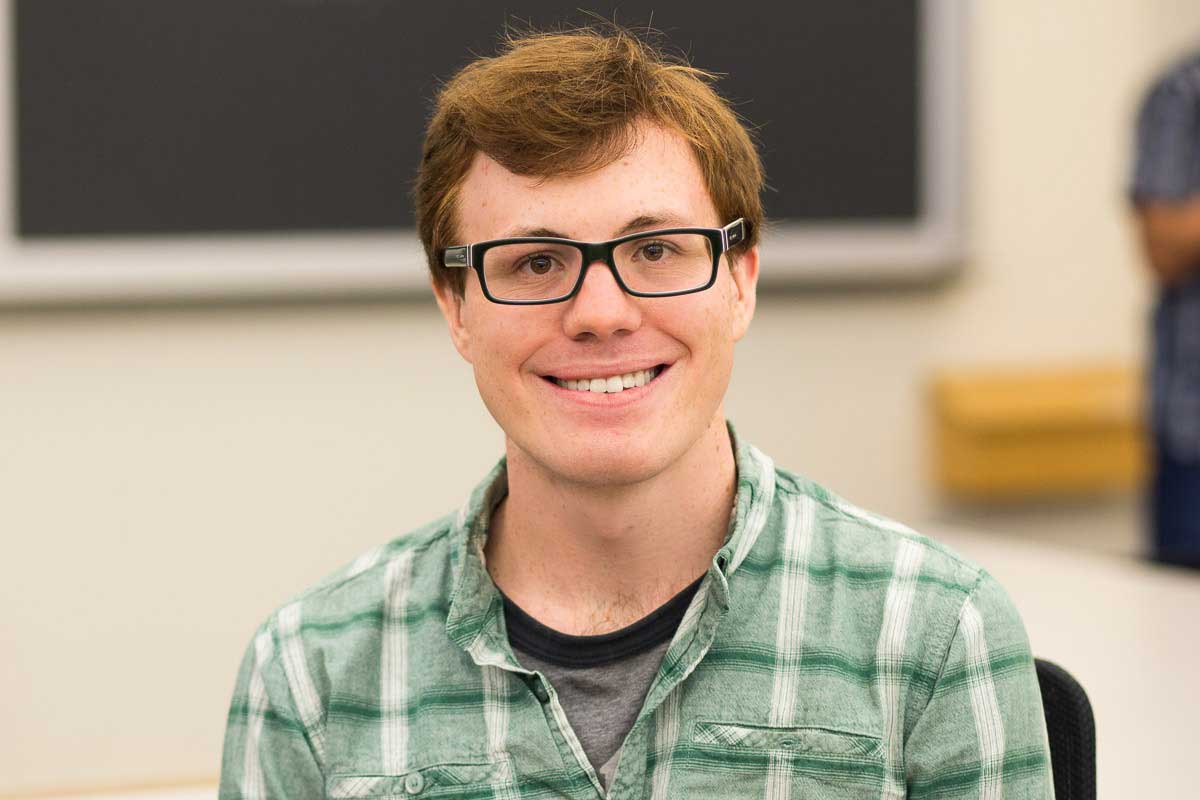Colin Kohler
PhD Student

Education
- BS in Computer Science, Northeastern University
Biography
Colin Kohler is a PhD student in the robotics program at Northeastern University, advised by Professor Robert Platt. Kohler’s research is geared primarily toward improving the anatomical functions of robots, teaching them to perform more effective physical tasks through deep reinforcement learning. Prior to joining Khoury College, Kohler earned his Bachelor’s of Science degree in Computer Science from Northeastern University.
About Me
- Hometown: Nantucket, Massachusetts
- Field of Study: Robotics
- Phd Advisor: Robert Platt
What are the specifics of your graduate education (thus far)?
I am currently pursuing a PhD in computer science with a specialization in robotics and artificial intelligence.
What are your research interests?
I am primary interested in utilizing supervised and unsupervised learning in order to teach robots how to accomplish complicated manipulation tasks. I am currently examining the effectiveness of deep reinforcement learning to teach robots how to grasp and manipulate various objects.
What’s one problem you’d like to solve with your research/work?
In the recent years deep learning has been proven to effectively solve a large number of problems and is currently utilized across a variety of fields. Ideally we would like to apply these advances to various problems in robotics but we are hamstrung by our inability to gather enough data in order to train these deep learning-based models. I would like to work on reducing this dependence on big data either through the improvement of current deep learning methods or the combination of simulated data and transfer learning.
What aspect of what you do is most interesting?
Somewhat unsurprisingly, I find the most exciting aspect of robotics research to be the robots themselves. Modern day robots have a unlimited amount of potential and are only constrained by what we, as roboticists, program them to do. Driverless cars, for instance, used to be considered a sci-fi fantasy, but now we are rapidly approaching the day where they will be commonplace.
What are your research or career goals, going forward?
A few years ago robots were constrained to live out their lives within factories performing simple manufacturing jobs but in the recent years they have been conscripted to perform a huge number of increasingly complicated tasks. I hope to develop techniques, algorithms or ideas to continue this trend by improving dexterous robotic manipulation. I believe that this improved manipulation capability will be vital in allowing robots to preform more complicated tasks and to assist humans in their day to day lives.
Recent publications
-
Symmetric Models for Visual Force Policy Learning
Citation: Colin Kohler, Anuj Shrivatsav Srikanth, Eshan Arora, Robert Platt . (2024). Symmetric Models for Visual Force Policy Learning ICRA, 3101-3107. https://doi.org/10.1109/ICRA57147.2024.10610728